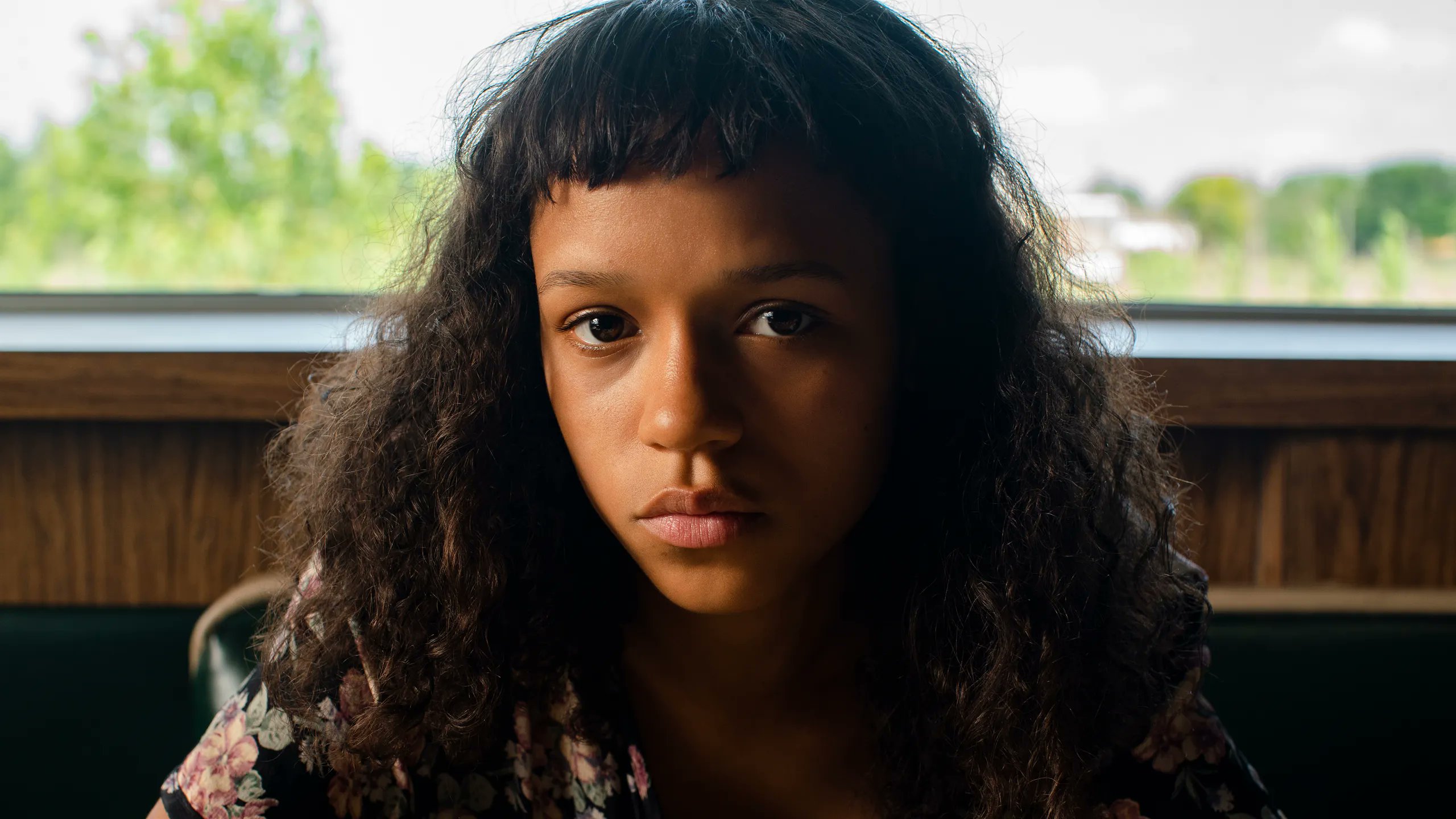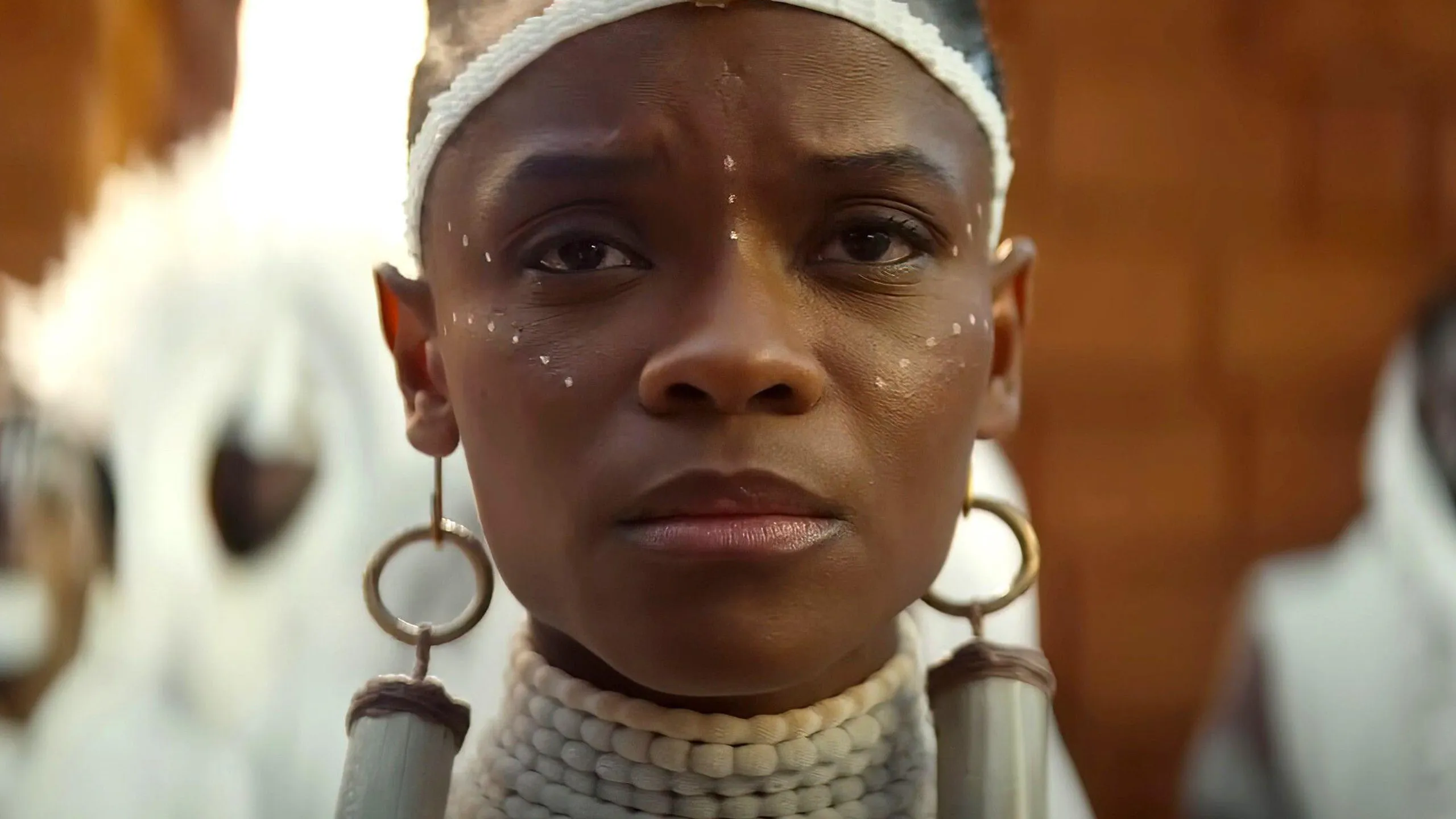
This year gal-dem is going to be at London Film Festival. With 2016’s edition of the festival showcasing the first ever Opening Gala film made by a black woman, Amma Asante’s A United Kingdom, it seems only right that we’ll be focusing on the very best films at the festival made by and about people of colour. (and maybe a few about toxic white masculinity if we happen upon any).
The best stories about black America, told through various cultural mediums, are the ones that stand up and proudly contradict the lies and worn-out caricatures that have been seen for decades. Artists like Spike Lee, Kendrick Lamar and Claudine Rankine to name but a few, prove through their chosen mediums that there is no one way to be black in America. There is more than just mammies and fatherless drug dealers and crack addicts and pain. Their art is a challenge to these stereotypes built out of real lived lives. And, through his sophomore feature Moonlight, Barry Jenkins looks to be yet another artist joining these ranks. What could easily be dismissed on paper as ‘a black gay film’ (which, to be honest, is still rare and revolutionary in itself) translates to the screen as an astounding achievement, a film that simultaneously manages to contradict black stereotypes whilst also standing tall after dominating film festivals.
The film may be a heavyweight in terms of its current status in the film industry, but it is the opposite when it comes to its subject matter. The film, adapted from Tarell Alvin McCraney’s play In Moonlight, Black Boys Look Blue (a title which gives the film one of its most arresting shots), is split into three chapters, chronicling the life of Chiron. A small cast of characters are established and, in terms of plot, that’s mainly it, but what a joy it is to merely inhabit the same world as those characters.
Moonlight is a film where absence of “plot” (and here I’m speaking in terms of a clear narrative structure that most films take, because things do happen onscreen) is more than made up for in terms of characterisation. More is exchanged, both between the characters themselves and with the audience, through glances and slight mannerisms than words. It’s noticeably different from Jenkins’ first film, the underrated Before Sunset-esque Medicine for Melancholy, which follows a black pair around San Francisco post one-night stand. Mimicking the chemistry between Delpy and Hawke that spawned three Before films, it’s the easy banter between the film’s stars, Wyatt Cenac and Tracey Heggins that makes the film a pleasure to watch. But in Moonlight, you learn more about a character from the way that they smoke a cigarette than any words they might utter. Intimacy is shown in fleeting glimpses through the lingering of hands as they caress faces and hold on just that one second longer in a parting handshake.
But less of the moments of connections, and more on the contradictions. So often, and with what seems like so little effort, Jenkins overturns the stereotypes of black lives that we are so often forced to sit through. The constant elephant in the room when it comes to representations of black culture, homosexuality in the black community, is dealt with with great nuance, making other recent depictions such as Lee Daniels’ Empire look quite frankly ludicrous in comparison. Stereotypes such as the drug dealer and the single mother still feature in this film, yes, but they are more complex than just this.
Even if at the start of the film, characters and their choices are sigh-inducing, by its climax, I’d argue that at least most actions in the films are explained. Jenkins does two things in the way that he defies expectations and subverts stereotypes – he is able to show both the beauty and pain of black life. The beauty is all too easy to see – the film is visually stunning from start to finish. No matter what the subject matter depicted onscreen, it’s always framed in a way to induce gasps from even the most skeptical of cinema-goers. But secondly, he shows us that sometimes people really do only have one choice to make.
It’s worth noting that while Moonlight is a moving film, one that’s capable of making a grown man cry, (and this comes from the horse’s mouth – my friend professed to me that he wept throughout the screening he attended at TIFF) there is light in the darkness. I spent the entire film with a lump in my throat not just for all the bad I was seeing on screen, but for all the good. The film is all the better for not having a rigid plot, so it can show us vignettes from Chiron’s life with great focus attention to detail. Moments involving water and food in particular – a sly recurring joke in the film is that while Chiron may not use his mouth for talking, he never seems to struggle with eating – are given a certain kind of care. A scene in which Chiron’s childhood friend and old flame Kevin prepares him a meal is shot as lovingly as any sex scene ever could be.
With whispers of awards already on the wind, pundits will surely be trying to work out what “gay movie” they can compare Moonlight too, but if the film has any precursors, it’s surely the works of Charles Burnett. So much of Chiron’s childhood, from carefree black boys playing outside, to what must surely be a painstakingly picked soundtrack, are reminiscent of Burnett’s masterful Killer of Sheep. And if there’s any justice in the world, Moonlight will be held in the same revere that Burnett’s works are held in. It definitely deserves it, and more. It’s a film that held me closely in its world for the entirety of its screen time, keeping me so mesmerised that I was unable to even translate what I was feeling into tears. Reflecting on it in the hours since, scenes have lingered and grown even more potent in my mind. It’s already possible to see which scenes could be used in Oscar reels, which could be Tumblr screencaps in the future, which will come to solidify Jenkins’ promise as a great representer of Black America. It’s the sincerity with which he presents his subjects that sets him apart from the rest, and promises that Moonlight is not a film that will be easily forgotten.









